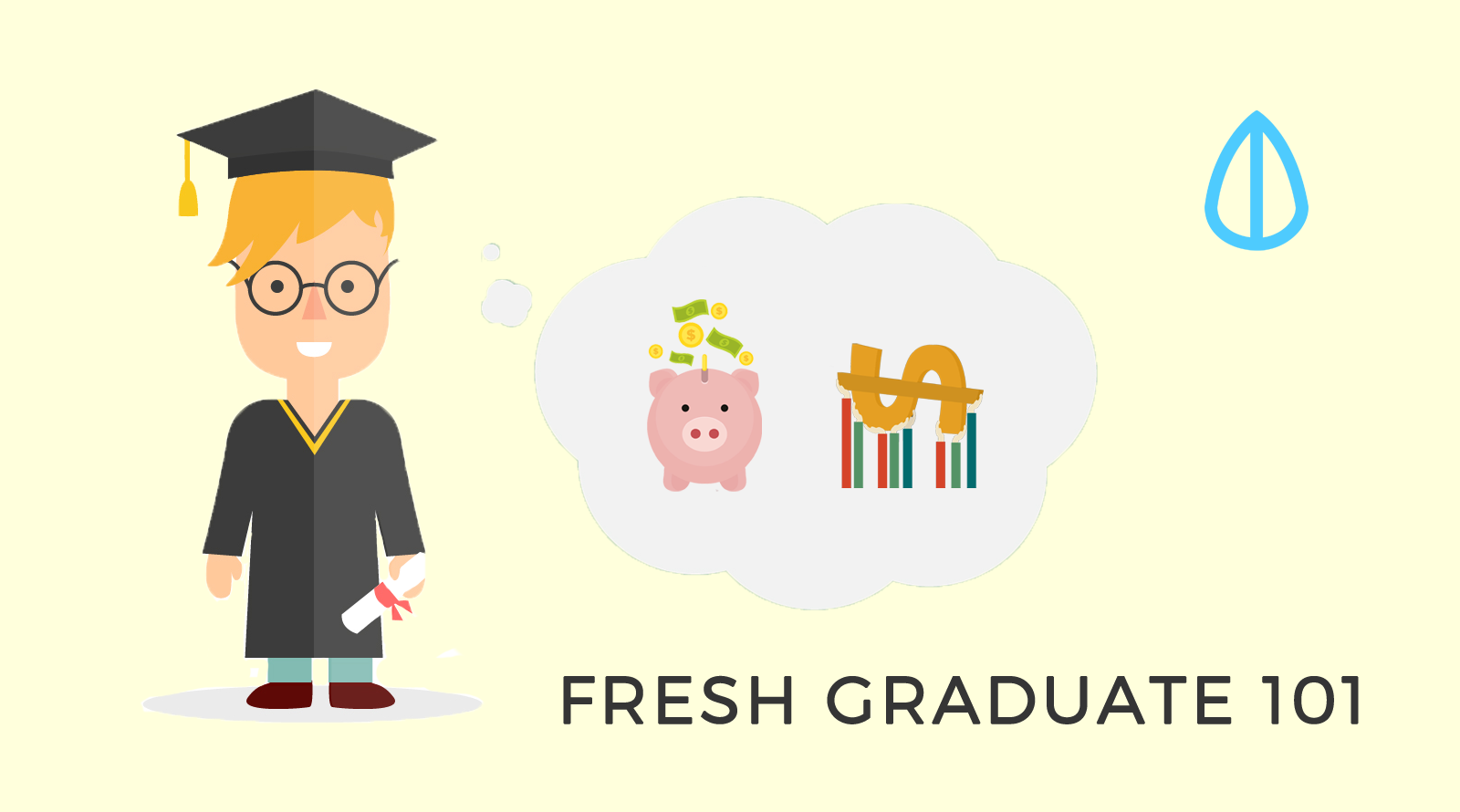Advertisement
Anonymous
How much should I be saving as a fresh graduate in my situation?
Hello there, I am in my early 20s, I have no liabilities, the only bill that I have to pay consistently is my Netflix subscription.
I think it is rather interesting to get perspective from this community as most people I know don’t really save much. So I am quite blessed to not have any student loans, phone bills paid by my company, basically my only expenses now is online shopping, food and transport. But I do set aside $300 (10-15% of gross salary) to give my parents, as they were the ones who paid for my education. I want to maximise my spending, please advise how much should I save in terms of percentage?
10
Discussion (10)
Learn how to style your text
Elijah Lee
05 May 2020
Senior Financial Services Manager at Phillip Securities (Jurong East)
Reply
Save
Pang Zhe Liang
05 May 2020
Lead of Research & Solutions at Havend Pte Ltd
Cash Flow
Firstly, we need to have a complete understanding on our cashflow. Through this process, we will understand our earning ability and spending habit.
Here is a Guide:
Understanding Your Personal Cash Flow
Before we look into savings, we should spend some time to scrutinise your cash outflows - For the most part, we are looking at how we can control our expenses and to prevent ourselves from spending.
The best way to do this is via automation.
How I do My Budget:
How to create a Monthly Budget
How much to save?
At your situation now when you are liabilities free, I will save at least 50% of my income. This is done using the automated budget system (details above). The reason is simple: I'm at my full income potential with no burden dragging me down. Therefore, I should save and invest as much as I can before big ticket items kick in, e.g. car, wedding, house, family, retirement.
Goal
Of course, we shouldn't be saving money aimlessly. Instead, spend quality time to create well-defined objectives, eg. to get married in 7 years time, house in 8 years time, family in 10 years time, or retirement in 30 years time.
With a well-defined goal, you will be more motivated to this end. In any case, don't just save money in the bank. Instead, put them into the right financial instruments that are capable of helping you reach your goals in the most efficient manner.
I share quality content on estate planning and financial planning here.
Reply
Save
Colin Lim
05 May 2020
Financial Services Consultant at Colin Lim
Its great to know you are trying to find out more on how to build your wealth.
In my post on seedly...
Read 3 other comments with a Seedly account
You will also enjoy exclusive benefits and get access to members only features.
Sign up or login with an email here
Write your thoughts
Related Articles
Related Posts
Related Posts
Advertisement









Hi anon,
I've noticed something very interesting about people of your age. I don't wish to generalize of course, but either they spend really very little (some of my clients spend only like, 25% of their income), or are saddled with huge expenses (hence that's why you noticed that the people you know don't save much)
I have a slightly longer answer to this question in general which you can read here: https://seedly.sg/questions/how-would-you-split...
But to answer your question in particular, I'd do a 40/30/20/10 at a minimum, as Hariz mentioned earlier.
Save at least 20% of your income, till your emergency funds are reached (12 months expenses). After that, just continue to top up over time to account for inflation and as your life cycle changes (you'll spend more if you get married, buy a house, have a kid, etc). This 20% can then be allocated for investing (it doesn't mean you invest it now, as you could be putting it in a warchest, for example). Aim to commit at least this 20% over your working lifetime.
If you have no student loans/mortgage/rent, then you are free to add that 30% to your 20% to invest as you see fit, or save more as you see fit (for example, if you are saving for a wedding), but keep it flexible, you may need to scale down your investment budget should other life events occur, like having a kid.
The lower your expenses (the 40%) the better it is. We all live on earned income, and some day, that will stop, either voluntarily (retirement) or involuntarily (illness, disability, etc). At that point you will want to ensure that your income/investment portfolio will be able to meet your expenses, and the lower your expenses are, the easily that goal will be. There's a difference between having a high income stream from your earning power, and having a high income stream from your portfolio.
The 10% expenses for insurance has been debated to the death, so I won't elaborate too much on my views, but you will need it to protect the other 90%.
Good luck!